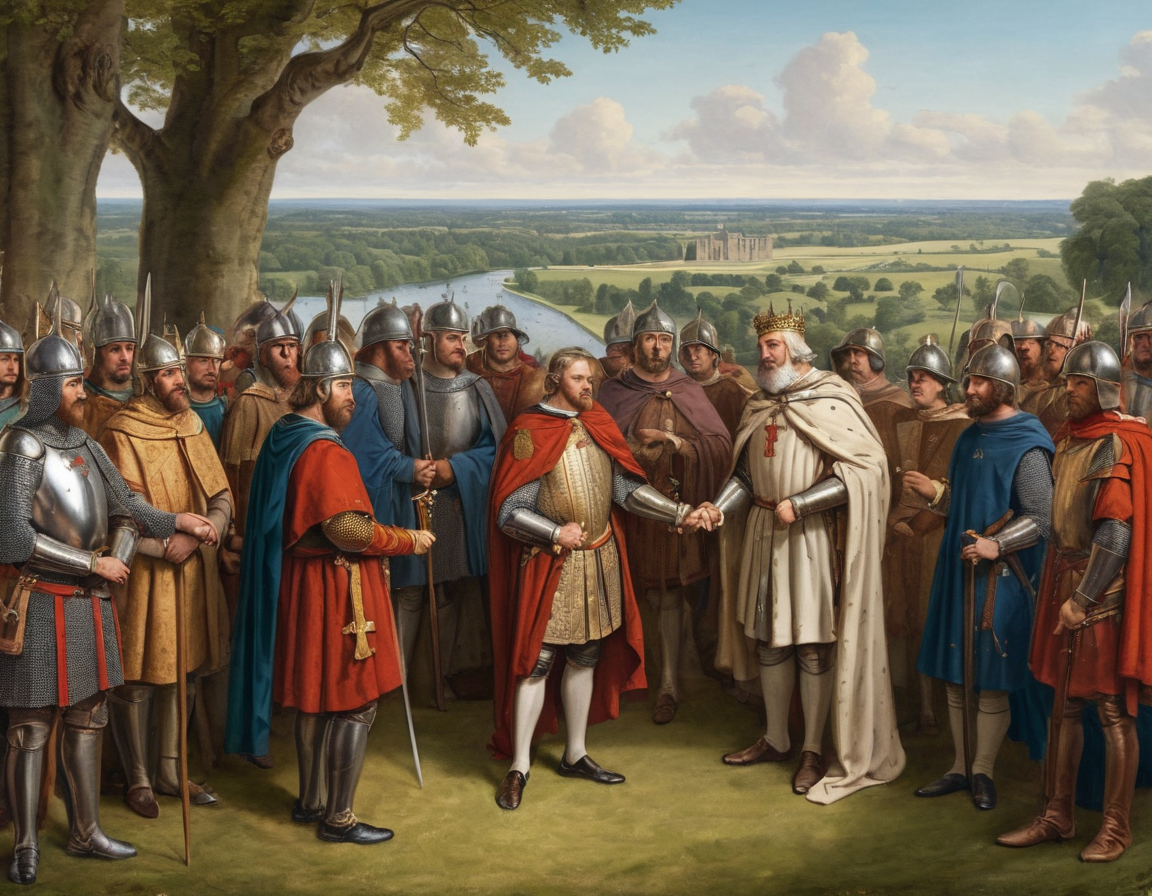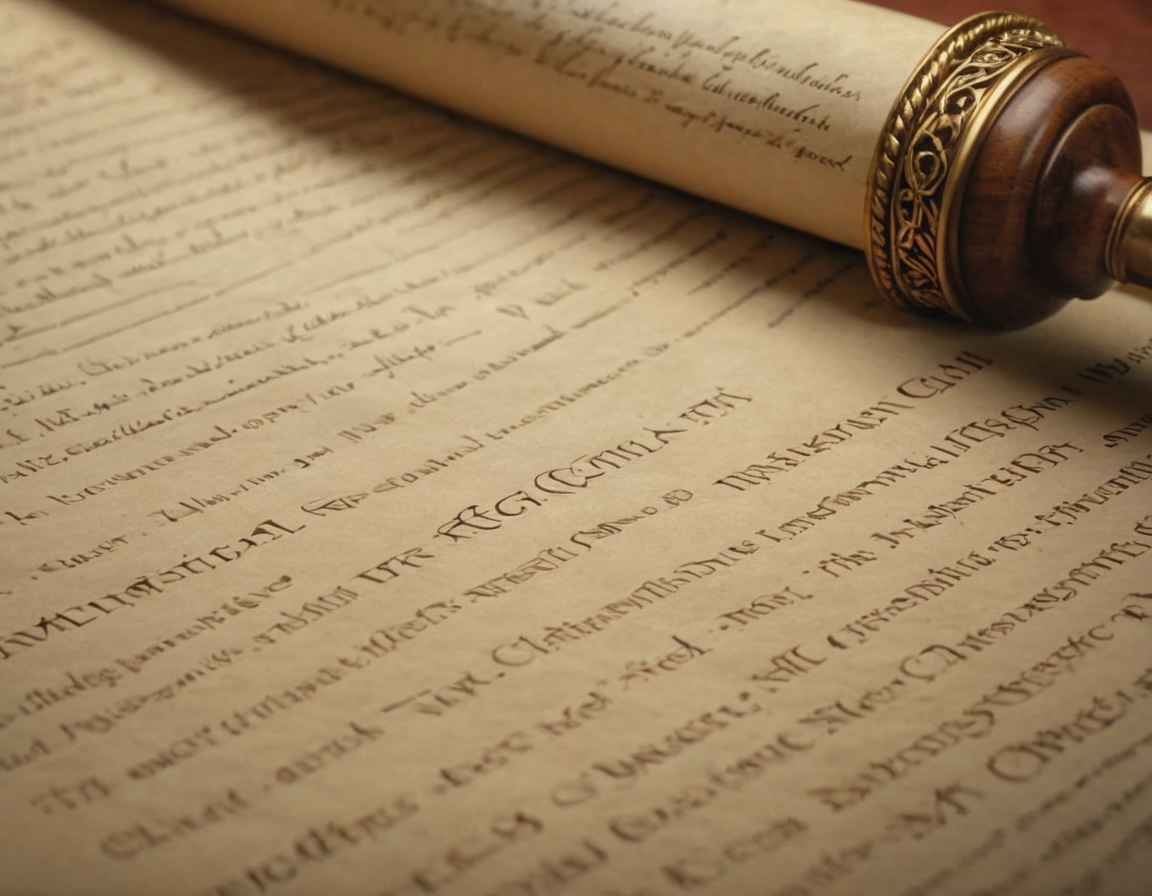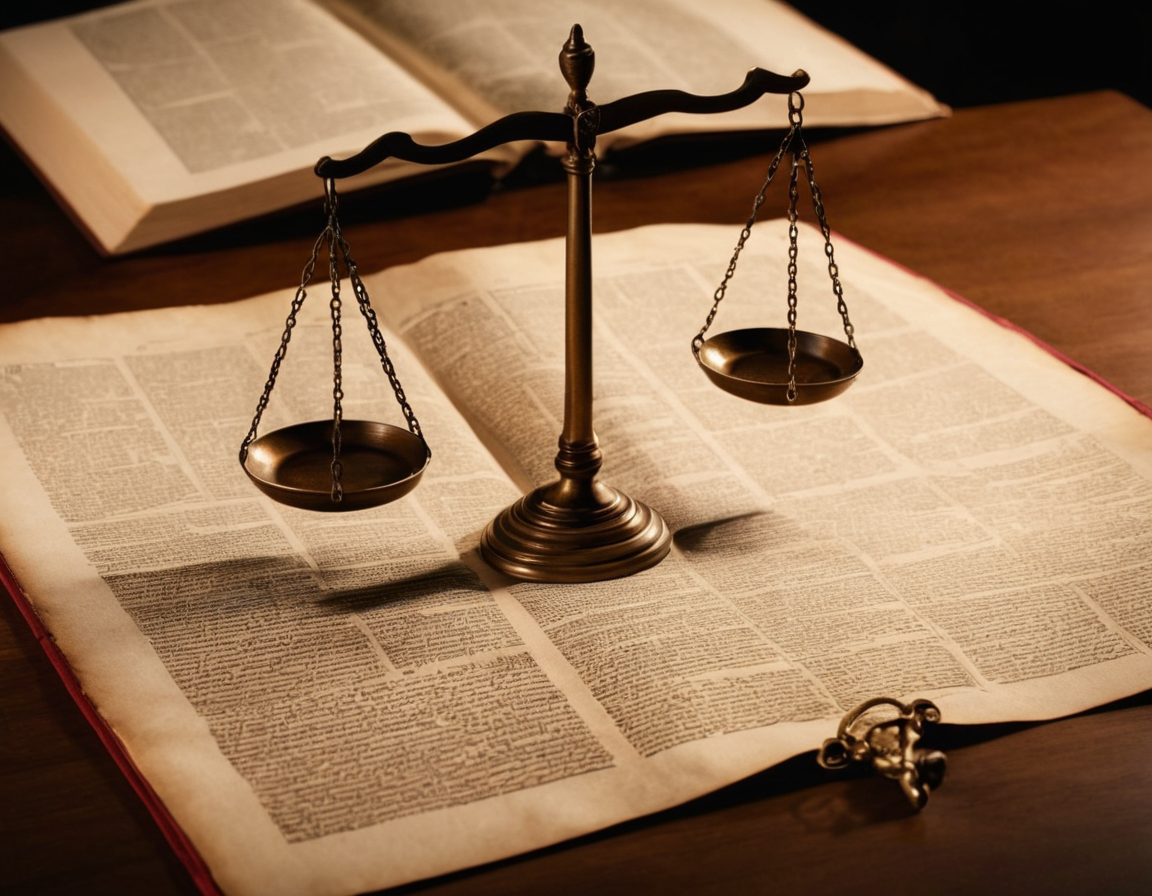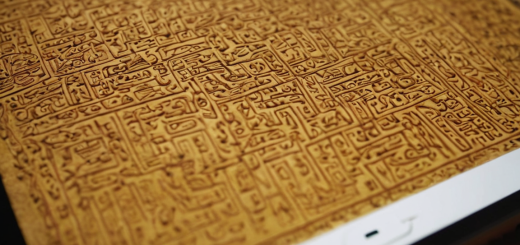Exploring the History and Legacy of the Magna Carta
Understanding the Magna Carta: The Document that Shaped Modern Democracy
The Magna Carta, Latin for ‘Great Charter’, is one of the most famous documents in world history. Sealed by King John of England in 1215, it established for the first time the principle that everybody, including the king, was subject to the law.

A Glimpse into the Past: The Making of the Magna Carta
Faced with a rebellion by the barons of England over his military failures and high taxes, King John met their representatives at Runnymede, near Windsor on June 15, 1215. Here, he agreed to the Magna Carta, which ensured feudal rights and limited the king’s power.
The Core Principles of the Magna Carta
Although most of its clauses dealt with medieval rights and customs, the Magna Carta became symbolic for the idea of a law that even the king must obey. Crucially, it mandated the protection of ‘the lawful rights of Englishmen’, which later evolved into the concept of human rights.
The Magna Carta’s Journey Through Time
Despite being annulled by the Pope and leading to the First Barons’ War, its reissues under subsequent monarchs embedded its principles in English law. Its reach extended beyond England’s borders, influencing the formation of constitutions around the world, including the United States Constitution.

The Modern Resonance of the Magna Carta
Centuries later, the ideals enshrined in the Magna Carta continue to resonate. It stands as a testament to the enduring principle that rulers and governments are bound by the law. Its influence is seen in contemporary discussions about governance, individual liberties, and the rule of law.
The Magna Carta Today: A Symbol of Justice and Freedom
Today, the Magna Carta is recognized as a cornerstone of constitutional law. It inspired and shaped the development of many legal norms and institutions we cherish in modern democracies. Its legacy can be seen in the rights and freedoms we uphold in our societies.
Conclusion: A Living Legacy
While the original Magna Carta of 1215 no longer carries legal authority, its legacy remains powerful. It serves not only as a historical document but as a living symbol of our enduring commitment to the principles of justice, liberties, and the rule of law.

Join the conversation: What does the Magna Carta mean to you in today’s society? Share your thoughts and reflections in the comments below.






